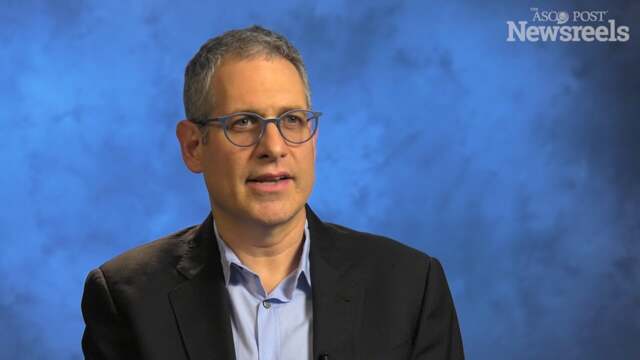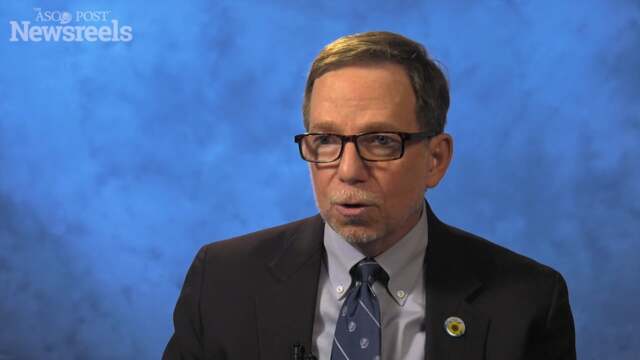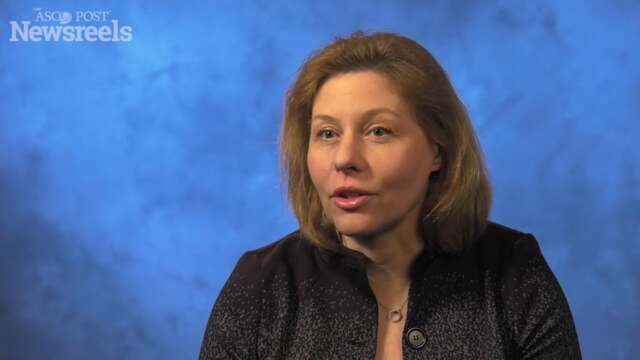Julie Bryar Porter, MS, on Improving Care: One Center’s Experience
2017 Quality Care Symposium
Julie Bryar Porter, MS, of Stanford Health Care, discusses an approach to improving patient care with physician-led quality measures from diagnosis through end of life implemented at her academic cancer center (Abstract 49).
John V. Cox, DO, MBA, of the Parkland Health System/UTSW, discusses some of the key presentations at the 2017 Quality Care Symposium (Abstracts 3, 37, 52).
Ethan M. Basch, MD, of The University of North Carolina at Chapel Hill, discusses programs—now rolling out at various institutions—that use direct patient reporting of symptoms as a part of quality assessment (Posters 61, 81; Abstract 218).
Thomas J. Smith, MD, of the Sidney Kimmel Comprehensive Cancer Center at Johns Hopkins, summarizes two papers for which he was a discussant: reducing overuse of colony-stimulating factors without compromising the safety of patients with lung cancer receiving chemotherapy, and a cost-and-survival analysis before and after implementing Dana-Farber Clinical Pathways for patients with stage IV non–small cell lung cancer (Abstracts 3, 52).
Laura E. Panattoni, PhD, of the Fred Hutchinson Cancer Research Center, discusses results from a regional study on emergency department costs during cancer treatment and the need to focus on managing symptoms (Abstract 2).
Nicole Mittmann, PhD, of the Sunnybrook Health Sciences Centre, discusses her study findings on transitioning breast cancer survivors to primary care and the savings in resources and dollars that accrued as a result (Abstract 1).





